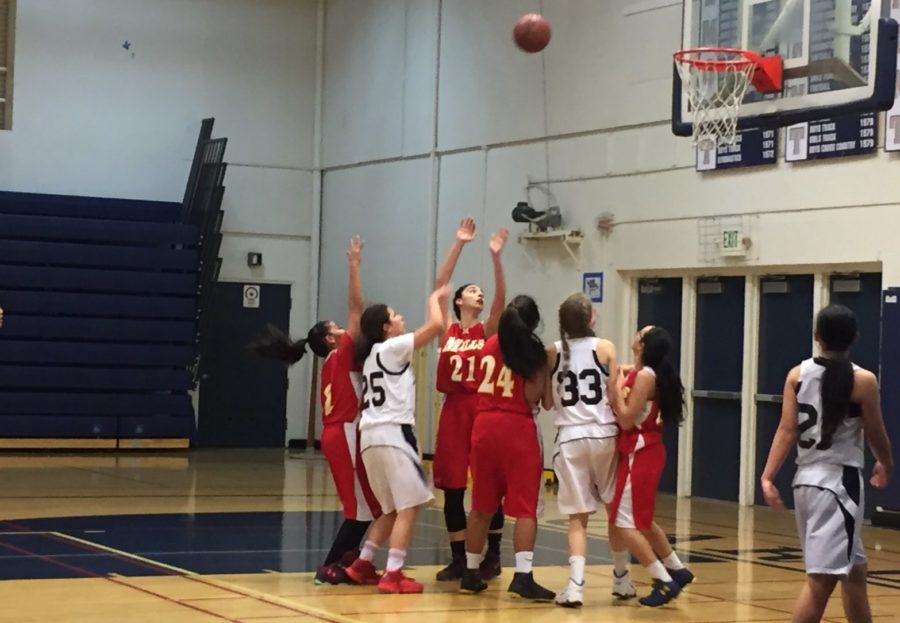Behind the greatest athletes lies a determination to be the absolute best.
From a very young age, athletes work towards dominating the competition. Playing at the college and professional level is becoming more competitive and more selective, which makes life difficult for aspiring athletes.
Katie Hill, a sophomore and lacrosse player for Carlmont said, “I hope to play in college and maybe professionally if I’m ever given the chance.”
The dream of becoming a professional athlete is unlikely to be fulfilled. As kids grow up, more and more of them realize the improbability of their ambitions. It is well known how difficult it is to play in the big leagues, but few know the odds that are so heavily stacked against them.
According to the National Collegiate Athletic Association (NCAA), nearly 8 million athletes are currently involved in a high school sport. Of that, only 480,000 will go on to play for a NCAA school.
The probability of then continuing to a professional team is as low as 1 percent, and this includes players who get drafted but do not play for the team.
In sports such as baseball, there is the task of climbing through an entire minor league system before playing in the majors.
For sports such as football, being drafted merely means a spot in training camp, which could result in a spot on the practice squad or being cut from the team entirely.
The determination to win is shared by all athletes. It’s a fundamental pillar of the sporting world, and it is essential to the competitive spirit and joy of playing sports. This also drives the competition for a place on the roster of a team.
Henry Chung, a sophomore and a member of both the cross country and track teams at Carlmont, said, “Of course I like to win. Winning tells you that you’re doing something right.”
Lillian Diesh, a junior and lacrosse player for Carlmont, said, “I like winning games because then it shows that our effort paid off. We tried to get there, and we put effort into it, and we succeeded.”
Chung, Diesh, and many other athletes chase victory for the validation it gives them, and it reassures the athlete or team that their training and dedication is on track.
Other athletes like to win for the physical rewards it can provide.
Quinn Felton, a freshman, and competitive mountain biker said, “I like to win races because it means I’m going fast. You get the thrill of speed.”
This same determination that athletes put into winning is often applied to getting noticed by college scouts and coaches. However, this is an extremely difficult task.
Getting noticed and receiving scholarship offer which is one of the few ways for athletes to get into college sports.
Scholarships can be the golden ticket that guarantees an athlete a spot on the team, playing time and money for the high price of college. Full scholarships are extremely rare, and most scholarships are not close to the total price of college, but any scholarship is helpful to student-athletes.
Diesh said “I think they [athletic scholarships] can help a family that has a ‘star athlete’ pay for expenses if they don’t have all they money in the world… they do sometimes make students focus on that [sports] and not focus on learning.”
The odds are against athletes trying to play in pro sports, and some choose to keep their mind on the positive lessons, and skills sports teach rather than their chances of continuing past high school.
“Swimming has taught me that you shouldn’t take negative criticism too seriously,” said Carlmont sophomore Nicholas Brown, a member of the Carlmont swim team.
Although the results of most athletes’ dedication are not making the collegiate or professional level, their determination to win and to be the best often result in positive outcomes. Their love for their sport doesn’t end with their career.
Morgan Psaila, a sophomore, said, “I hope to play sports in college, and if I’m unable to, I would still love to do it [cross country and track] on my free time.”












